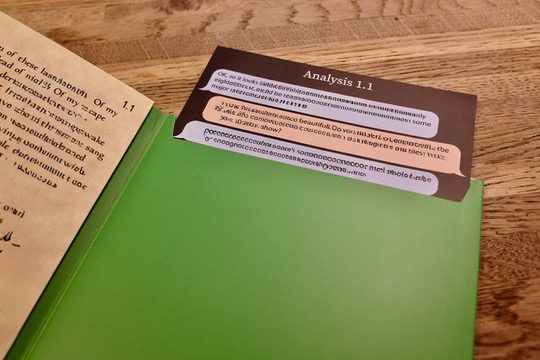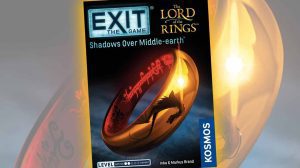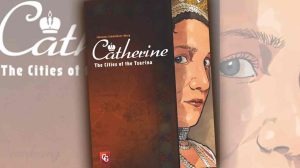Disclosure: Meeple Mountain received a free copy of this product in exchange for an honest, unbiased review. This review is not intended to be an endorsement.
You know, this wasn’t quite what I expected.
Emerald Echoes is sold as a sequel to PostCurious’s excellent The Emerald Flame, which is a 6-8 hour epic divided into three chapters. Each chapter presents as an envelope packed full of documents and ephemera. It’s up to the players to discern how everything is related, to figure out what the puzzles are and how they connect.
The Emerald Flame is excellent, but it holds your hand so little that it can be overwhelming. Everyone wants to feel like an investigator sorting through reams of documents and coming out the other side with an answer, but not everyone wants to actually sort through reams of documents.
Enter Emerald Echoes.

For Platformers
Emerald Echoes picks up where The Emerald Flame left off, with a pair of modern-day academics trying to piece together a story that happened hundreds of years ago. It too is divided into chapters—four this time—but each of those chapters is subdivided into carefully sequenced folders. Each contains some amount of documentation that advances the story, and succinctly directs you towards which components you need to concern yourself with now.
The upside to this is enormous, depending on your preferences: You never feel at a loss of what to do next. This is an escape room game for people who prefer old-school platformers to open world exploration. That does mean that Emerald Echoes doesn’t lend itself to higher player counts as easily as a more open game, but that’s alright. These are games for two different sections of the same audience.
A puzzle game is only as good as its puzzles, and Emerald Echoes has some great ones, including at least one that ranks among my favorite puzzles I’ve ever done. By and large, they aren’t exceptionally challenging, but they manage something better than challenging. The puzzle I just mentioned is based on the idea of a Rube Goldberg Machine, and it was great because it was satisfying. That’s what you want, at the end of the day.
In the event that you get lost, Emerald Echoes has a great hint system. The right flap of each folder includes a sleeve, which holds the transcription of a text conversation between the two researchers. You reveal the transcript one text at a time, with each new chat bubble nudging you in the right direction. It’s wonderfully organic. Somehow, the presentation makes you feel less bad about yourself when you need a helping hand.

Thanks to its difficulty level, its presentation, and the bite-sized chunks into which it has been divided, Emerald Echoes is pitched at the perfect level for a more casual audience to engage with. This is a perfect way to find out if more time-intensive escape rooms are for you. PostCurious hashave yet to miss, if you ask me. Better still, they seem entirely unwilling to repeat themselves. Emerald Echoes could have felt like a retread, but it claims a space all its own.











Add Comment